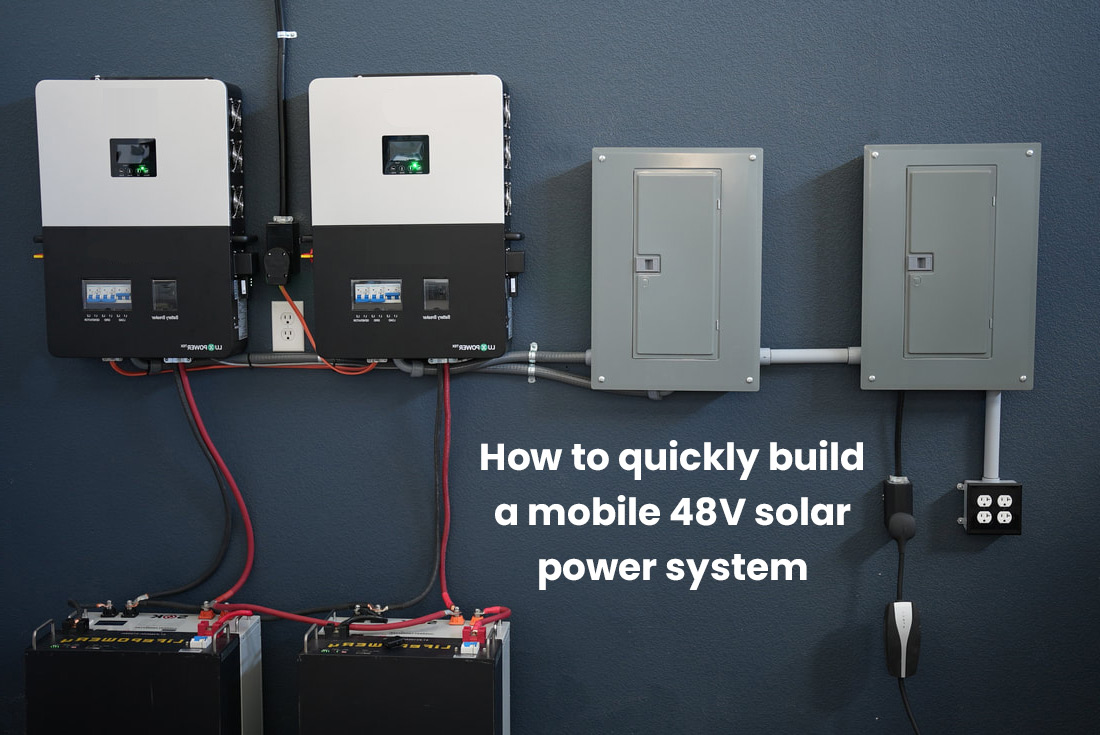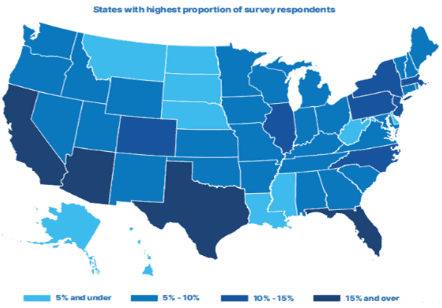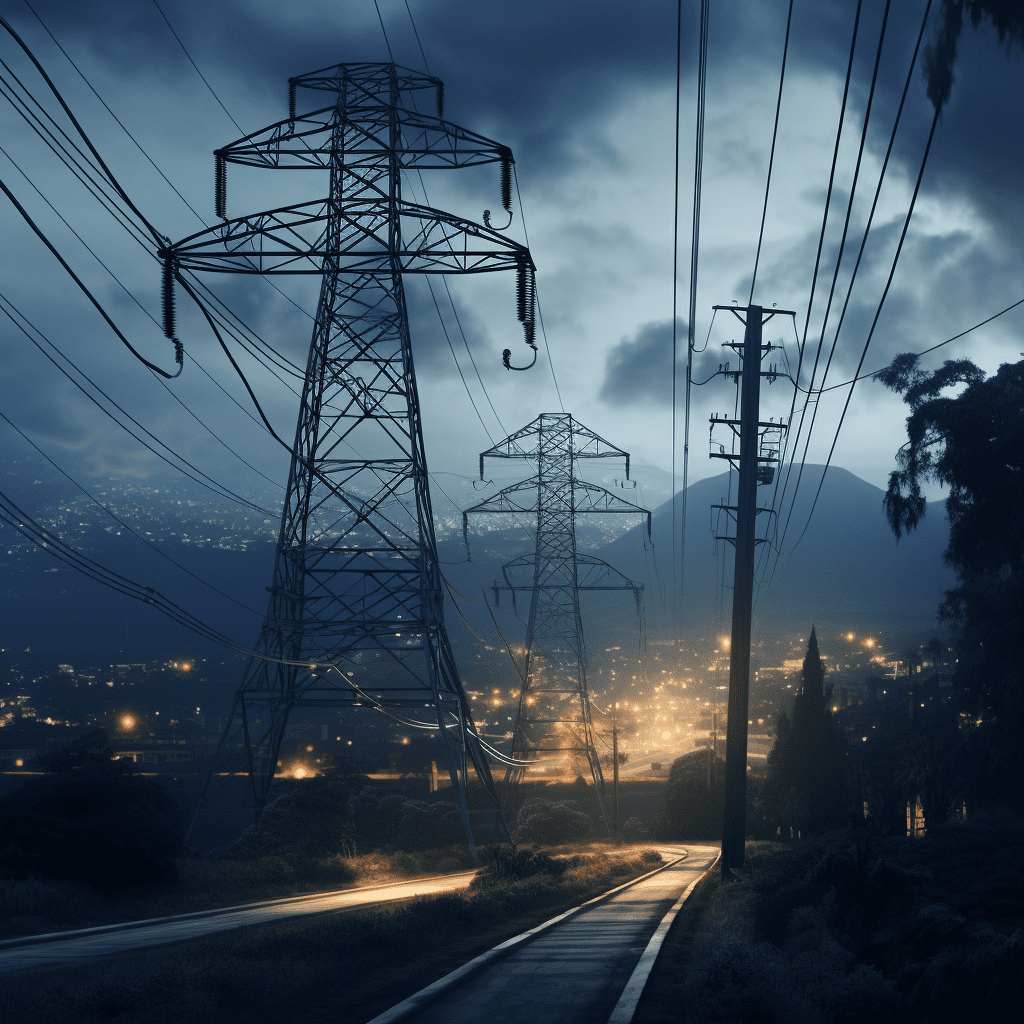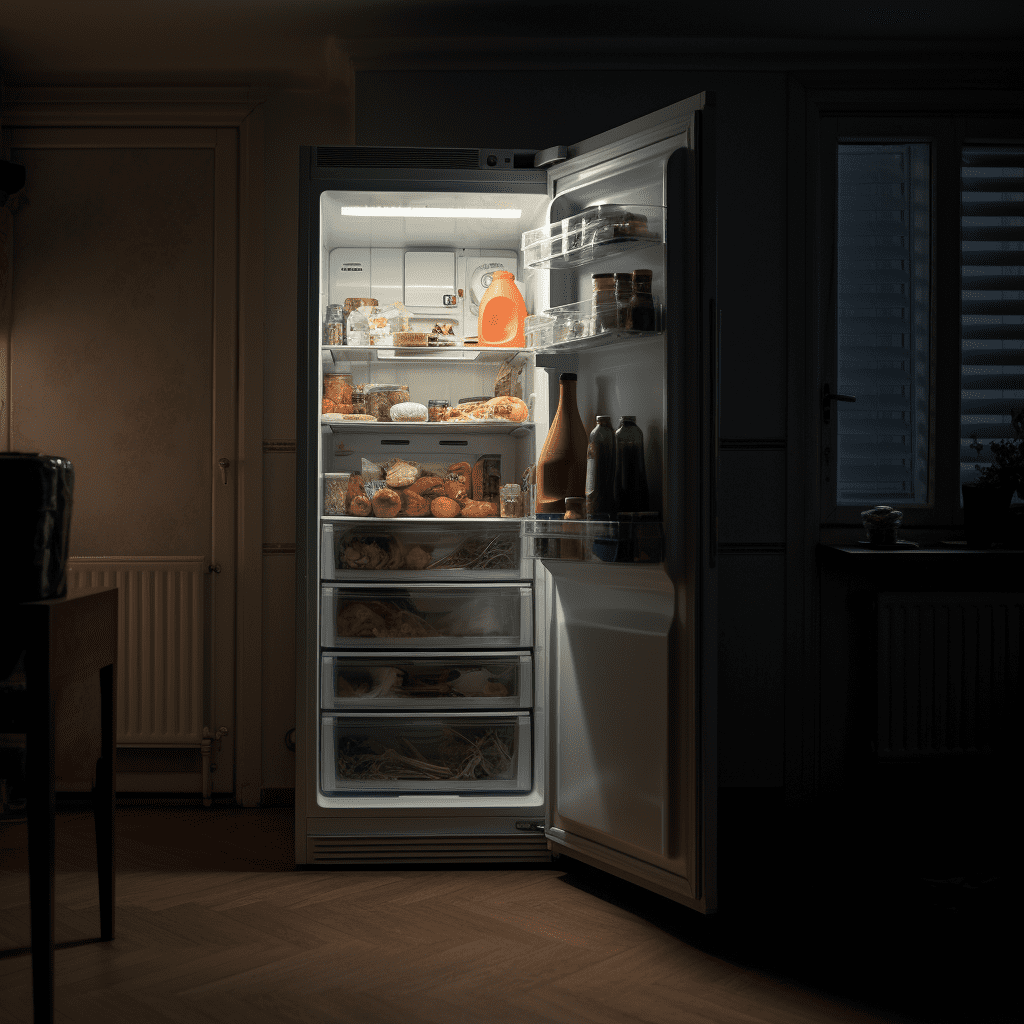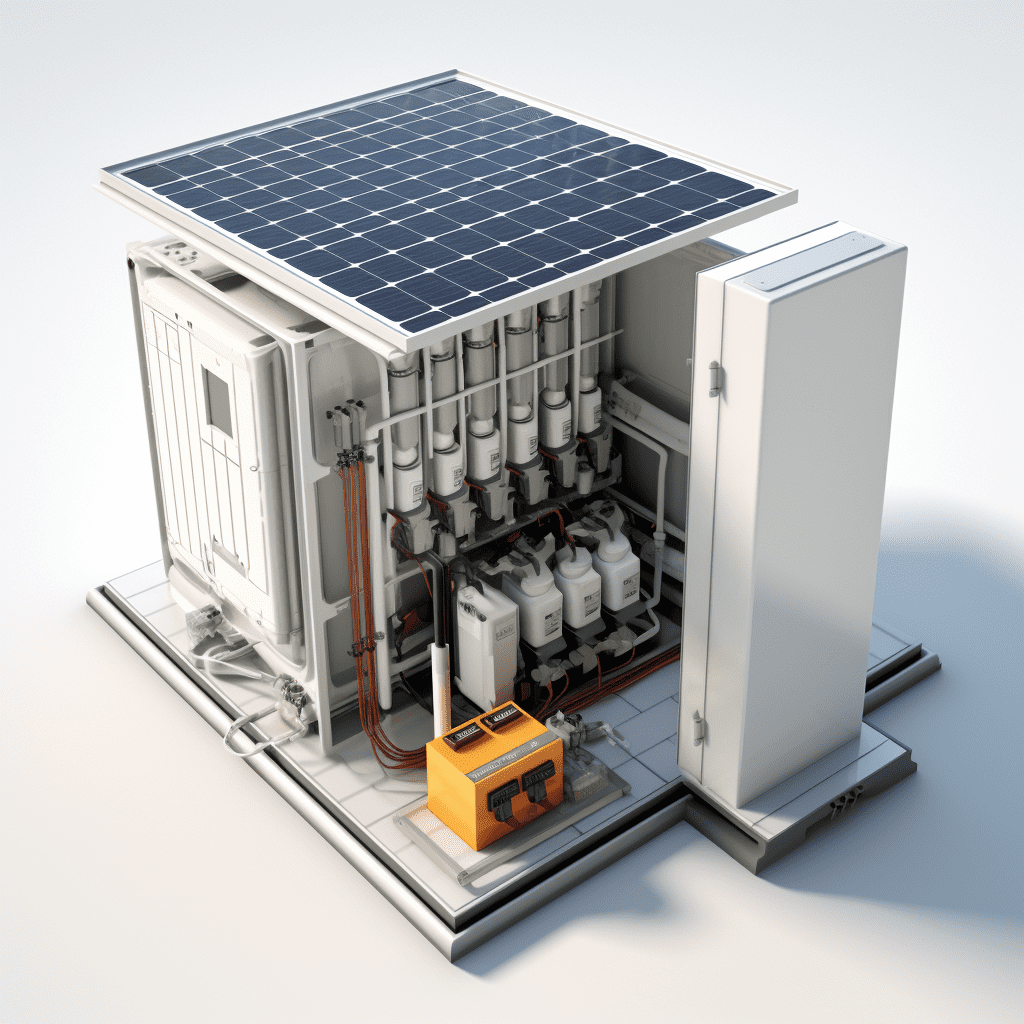Choosing the right wire gauge for your inverter is crucial to ensure a safe and efficient electrical connection. In this article, we will discuss the best wire gauge for a 3000 watt inverter and provide answers to the top 10 questions in the energy storage and solar industry.

Best Wire Gauge for a 3000 Watt Inverter:
Determining the Best Wire Gauge for a 3000 Watt Inverter:
To safely handle the power requirements of a 3000 watt inverter, it is recommended to use a battery cable with an American Wire Gauge (AWG) of 1/0. These cables have a diameter of just over half an inch and can safely carry 300 amps of current. It is important to use the minimum cable length possible for optimal performance. The cable ends can be terminated with a copper cable lug or a battery connection. Using a 1 AWG battery cable may not be suitable as there is a slight size difference that can affect the performance of the inverter.
Determining Wire Size:
Wire size, also known as gauge, is crucial in determining the amount of current that can safely pass through a wire without causing any damage. Each wire gauge has a maximum allowable ampacity, which is the measure of electrical current it can handle. It is essential to select the appropriate wire gauge to avoid any electrical mishaps.
Importance of Wire Gauge:
The gauge of a cable represents the thickness of the wire responsible for transmitting electrons. The wire must be thick enough to minimize resistance and provide a high-quality transmission. Knowing the wire gauge helps professionals and DIYers determine its suitability for a given task.
Other Inverter Wattages and Their Appropriate Wire Gauges:
1. What gauge wire for a 400 watt inverter is required?
– A 6 AWG wire is suitable for distances under 3 feet.
– A 4 AWG wire is suitable for distances between 3 and 6 feet.
– Longer cables, between 6 and 10 feet, require a 4 AWG wire.
2. What gauge wire for a 750 watt inverter is needed?
– The ideal wire gauge for a 750 watt inverter is 4/0 AWG battery cables.
3. What gauge wire for a 1000 watt inverter is suitable?
– A 4 AWG wire is recommended for inverters up to 1500 watts.
4. What gauge wire for a 2000 watt inverter is right?
– A 1/0 AWG cable is suitable for a 2000 watt inverter.
5. What gauge wire for a 2500 watt inverter is appropriate?
– A 1/0 AWG cable can support the power of a 2500 watt inverter.
6. What gauge wire for a 4000 watt inverter is required?
– For inverters with ratings of 4000 watts or higher, 4/0 AWG battery cables are recommended.
7. Can I use a smaller gauge wire for my inverter?
– Using smaller gauge wires can lead to power loss and overheating issues. It is essential to use the appropriate wire gauge for the specific inverter wattage.
8. What is the maximum allowable ampacity for a 1/0 AWG wire?
– A 1/0 AWG wire can safely carry 300 amps of current.
9. Can I terminate the wire ends with any type of connection?
– The wire ends can be terminated with copper cable lugs or battery connections for a secure and reliable electrical connection.
10. Should I consult a professional electrician for inverter wiring?
– It is recommended to consult a skilled electrician who is familiar with inverters and their components to ensure a safe and efficient installation.
Conclusion:
Choosing the right wire gauge for your inverter is essential for a safe and reliable electrical connection. By considering the inverter wattage and the recommended wire gauge, you can ensure optimal performance and prevent any electrical mishaps. If in doubt, it is always advisable to consult a professional electrician for assistance.

